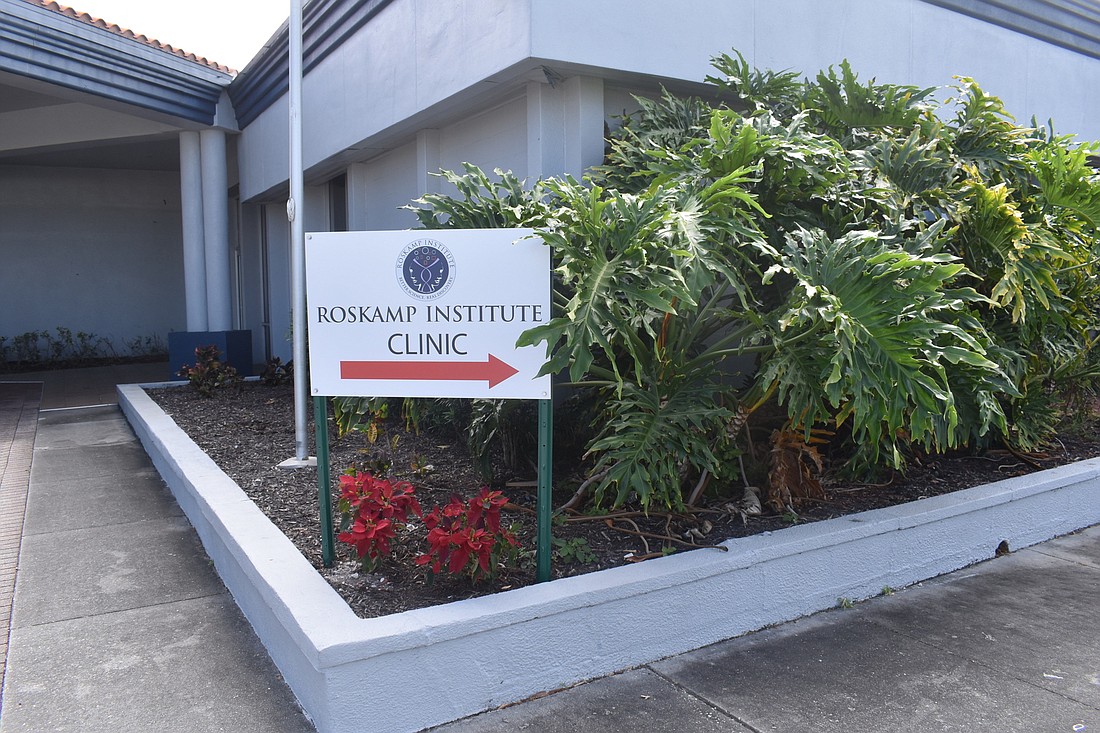- October 23, 2024
-
-
Loading

Loading

A breakthrough in Alzheimer’s disease treatment was led by researchers in Sarasota.
Scientists at the Roskamp Institute identified a drug called nilvadipine that, when tested, showed patients in early stages of the disease experienced 50% less cognitive decline over an 18-month period than placebo-treated patients.
The drug dilates blood vessels in the brain and improved blood flow in tested patients, because with many Alzheimer’s patients, blood flow to the brain is reduced.
However, as testing progressed, researchers found that nilvadipine also attacked amyloids, a protein identified as one of three main contributors to Alzheimer’s, Roskamp Executive Director Michael Mullan said.
“We didn’t really expect anything to happen to the amyloid,” Mullan said. “But it did. What happened was, it was diminished. So not only were their memories better, but they had a lot less amyloid in their brains.”
The result was a 50% reduction in the rate of decline in those taking Nilvadipine in the early stages of Alzheimer’s.
“There are very few studies that show a rate of decline like this,” Mullan said. “It’s been a real history of failure, of long, late stage expensive drug after another after another. Billions have been spent on trying to find drugs that can do this."
However, the drug was not helpful to those who began treatment later in the disease process. This is a common result, Mullan said, because with Alzheimer’s disease, the earlier a patient is treated, the slower the cognitive decline.
The typical lifespan after diagnosis is eight to 10 years, but if the rate of decline is slowed, a person could potentially live longer without the need of full-time care.
One side effect of the drug was lower blood pressure, which could make many people feel dizzy. To combat this, Roskamp scientists have been awarded funding from the National Institutes of Health to develop second-generation drugs designed to replicate the benefits of nilvadipine without its side effects.
Mullan said researchers now hope to develop a drug that attacks a molecule that controls all three pathologies that contribute to Alzheimer’s: amyloid, neuroinflammation and tau, a protein that creates tangles in the brain. Researchers hope to have a form of a drug safe to test in humans in three to four years.
“This is a long process,” Mullan said. “You can test cancer drugs in a couple months sometimes. You don’t have to give them to people for 18 months. If we were setting up for clinical trials in four years, I’d be very happy. ”